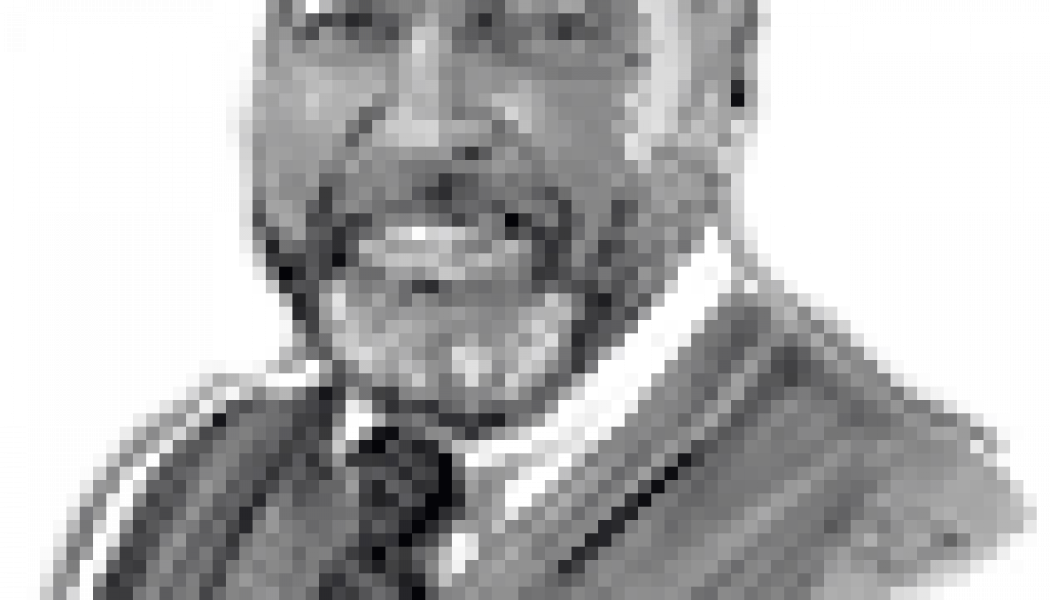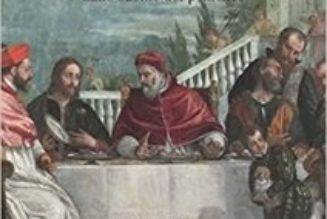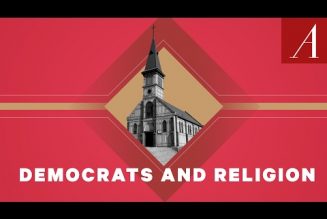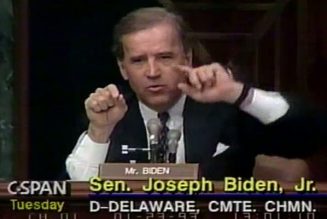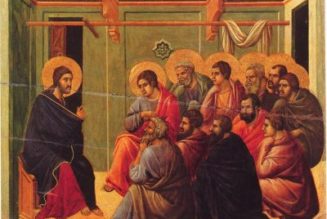By Phil Lawler ( bio – articles – email ) | Sep 14, 2020
Starting this coming Sunday, it will be a serious sin for a Catholic in the Milwaukee archdiocese to miss Sunday Mass without a serious reason. Last week it was OK. It’s still OK in most other American dioceses and archdioceses.
Can we expect ordinary Catholics to understand this situation? Can we expect them to come back to Sunday Mass, after a six-month hiatus? Having used their authority to stop lay Catholics from attending Mass, can bishops now invoke their authority to bring them back? Will this genie go back in the bottle?
Milwaukee’s Archbishop Jerome Listecki has ended the blanket dispensation from the obligation to attend Mass on Sunday, and warned the faithful of his archdiocese: “Those who deliberately fail to attend Sunday Mass commit a grave sin.”
“Fear of getting sick, in and of itself, does not excuse someone from the obligation,” the archbishop continued. But wait: wasn’t a fear of illness the reason why Archbishop Listecki, and so many other prelates, issued a dispensation from that obligation? The archbishop obviously anticipates that question, and his statement continues:
However, if the fear is generated because of at-risk factors, such as pre-existing conditions, age or compromised immune systems, then the fear would be sufficient to excuse from the obligation.
So each lay Catholic must decide for himself whether he has real reason to fear that going to Mass could endanger his health, and if it would not, the regular Sunday obligation applies. Fair enough.
But the Sunday obligation only applies in Milwaukee (and in the few other dioceses whose bishops have ended the dispensation). So what happens if a lay Catholic who resides in Milwaukee finds himself in, say, nearby Chicago on a Sunday morning? Is he bound by the Sunday obligation because he is under Archbishop Listecki’s authority? Or dispensed because he is in another ecclesiastical jurisdiction where the blanket dispensation is still in place? It is difficult to understand why something that is gravely sinful in one place is not sinful at all just a few miles away.
For that matter, if it will be gravely sinful to skip Mass next Sunday, why was it acceptable to skip Mass last Sunday? At first glance Archbishop Listecki’s decision—and consequently, his warning about the possibility of grave sin—appears to be based on nothing more than his own personal authority; there is no reference to the Decalogue, to the solemn commandment to keep holy the Lord’s Day, to the notion that worship is an obligation in justice.
To an informed Catholic (and bear in mind that not all Catholics are informed), the basic facts are clear:
- The Church, through her hierarchy, has been granted authority by Jesus Christ to impose and lift obligations. (Didn’t we just hear that “whatever you bind on earth will be bound in heaven”—if we were at Mass that Sunday?)
- The Church formally teaches that Mass attendance on Sunday is necessary to fulfill the Third Commandment.
- However the Church also teaches that the faithful may be excused from this obligation “for a serious reason (for example, illness, the care of infants), or dispensed by their own pastor.” A bishop, as pastor for his diocese, thus has authority to issue a blanket dispensation.
What sort of illness constitutes a “serious reason” for failure to attend Sunday Mass? The individual must answer that question for himself. His answer will depend on his particular circumstances: his age, his overall health, the possible risks of exposure to new disease. The pastor cannot come take his temperature and his medical history. The individual must must his own judgment.
Back in March, however, the Catholic bishops of the US—all of them—did make that judgment. They decided that all Catholics had a “serious reason” for not attending Sunday Mass. That the bishops had the authority to make that judgment, and issue the blanket dispensations, is beyond question. Whether they were prudent in doing so is another matter.
When the Covid epidemic first broke upon us, we were virtually all frightened. That fear was not irrational; the disease was spreading at an objectively frightening rate. The media fanned the flames of fear, and—influenced no doubt by the media hype—so did our bishops. Within weeks all the churches were closed, and for most of us attending Sunday Mass was no longer an obligation; in fact it was an impossibility.
Bishops are not epidemiologists; they did not know—any more than the rest of us did—how fast the virus would spread and how deadly it would prove. As time passed, more information became available, and we could put the Covid epidemic in perspective, we all reached our own conclusions about the risks we were running, and the risks we were prepared to run. But if we concluded that Sunday Mass would be safe—that we no longer had a “serious reason” to absent ourselves—that option still was not open to us, because the bishops had closed our churches.
Looking back, Archbishop Listecki explains in his recent statement why the churches were closed:
As responsible parish communities, we needed to assess the transmission of the COVID-19 virus, permit our parishes the time to establish plans for sanitizing worship spaces, secure needed resources, evaluate the appropriate numbers for social distancing and solicit the voluntary personnel necessary to accomplish the tasks of preparing our worship spaces.
In other words, our bishops and pastors were methodically deciding when, and under what conditions, they thought the churches would be safe. But since bishops have no special expertise on questions of public safety—and since their decisions on this matter were unquestionably based on calculations of public safety—many Catholics are likely to question their judgments. Archbishop Listecki acknowledges that a rational fear of exposure to Covid, based on pre-existing conditions, “would be sufficient to excuse from the obligation.” Just a few weeks ago the archbishop effectively ruled that everyone had a rational basis for fears. Now he says that, at least for most people, that rational basis is gone. But it isn’t that simple. Many Catholics in Milwaukee no doubt are afraid—having been told for months that they should be afraid—and the archbishop can’t flip a switch to turn off their fears.
So while I applaud Archbishop Listecki for ending the dispensation, and for reminding the faithful about their Sunday obligation, I doubt that the faithful of the Milwaukee archdiocese will flock back to their parish churches this coming Sunday. Bishops can issue authoritative orders, but they can’t flip emotional switches. And when a prelate seems to be saying that it’s gravely sinful to skip Sunday Mass because the archbishop says so—when just last week it wasn’t sinful at all because the archbishop said so—he is stretching his authority to the breaking point.
Back in March, a number of bishops undermined their own authority still further because they never did tell the faithful that they were dispensed from their Sunday Mass obligation; they simply said that there would be no Mass celebrated for the public. Now of course the people in that case were dispensed, since one is never obligated to do the impossible. But when regular Sunday Mass resumes in those dioceses, it will be very, very difficult for the bishops to insist on the Sunday obligation. It isn’t easy to credit a bishop’s authority to tell you that you must attend Sunday Mass, when he was so ready blithely to announce that you couldn’t.
I wonder whether some bold prelate will simplify matters for all of us, with a statement something like this:
Look, maybe I shouldn’t have issued a general dispensation. The usual rules applied then, and they still apply now. If you are sick, or have good reason to think you might become sick, then you’re excused from your obligation. That bar is naturally going to be lower during this epidemic, as it would be during any health emergency. But there still is, and always will be, a Sunday obligation.
Sound Off! CatholicCulture.org supporters weigh in.
All comments are moderated. To lighten our editing burden, only current donors are allowed to Sound Off. If you are a current donor, log in to see the comment form; otherwise please support our work, and Sound Off!

